In the delicate tapestry of life, the symphony of memory weaves its intricate melody. For those who find themselves navigating the challenging terrain of memory loss, the need for compassionate and individualized care becomes paramount. This is where the concept of Person-Centered Memory Care comes into its own, shining as a beacon of hope and dignity in the landscape of senior living.
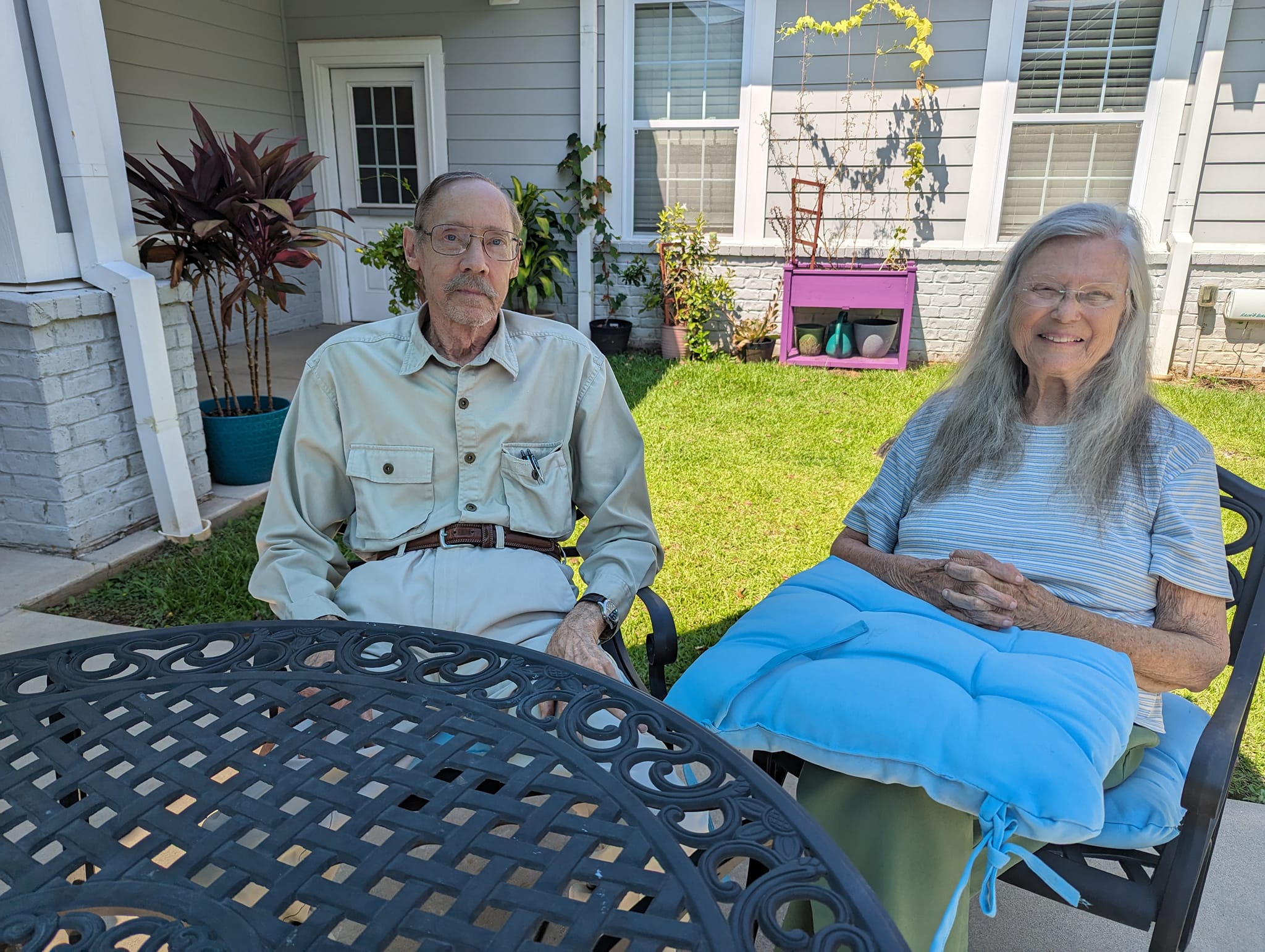
Defining Person-Centered Memory Care
Person-Centered Memory Care is not just a method of care; it is a philosophy, a commitment, and an art form. It revolves around the core belief that each individual is a unique mosaic of memories, experiences, and emotions. It’s a perspective that transcends the traditional notions of caregiving, offering a personalized approach that goes beyond the conventional.Significance of Person-Centered Care in Memory Support
In the world of senior care, the significance of person-centered care cannot be overstated. It’s a holistic approach that recognizes the dignity of each resident, cherishing their individuality. While the challenges of memory loss can be formidable, the importance of preserving a person’s identity and well-being remains paramount. It’s a shift from managing symptoms to nurturing the person. At Madison Heights and Kelley Place, we have embarked on a journey that redefines memory care. With a higher-than-average staffing ratio, we are committed to ensuring that each resident receives the personalized care and attention they need and, most importantly, deserve. Our staff is not only trained in assisted living services but also in the specialty care needed for memory loss. We understand that memory care is not a one-size-fits-all solution, and as such, we offer integrated, pro-active care plans tailored to each resident. Moreover, our all-inclusive pricing structure provides peace of mind, allowing families to rest assured that their loved ones are receiving the best possible care.Unveiling the Complexity of Memory Care
Memory care is a multifaceted endeavor, akin to deciphering a complex mosaic of emotions, experiences, and neural intricacies. It goes beyond the simple management of symptoms and calls for a profound understanding of the individuals grappling with memory loss. This complexity arises from the fact that memory is not a monolithic entity; it’s a nuanced interplay of cognitive, emotional, and behavioral components. Dr. Sarah Thompson, a renowned neurologist specializing in dementia, emphasizes, “Memory care isn’t just about memory; it’s about preserving a person’s essence. It’s about recognizing that every individual has a unique history, a tapestry of memories that shape their identity. To provide effective memory care, we must embrace this complexity and treat each person as an individual.” Consider, for instance, the case of two residents with Alzheimer’s disease. While both may exhibit memory deficits, their needs, preferences, and responses to care can be vastly different. One may find solace in art therapy, while the other may benefit from music therapy. Unveiling the complexity of memory care entails delving into these unique aspects, recognizing that a one-size-fits-all approach simply won’t suffice.Beyond the Conventional: A Journey into Personhood
Person-centered memory care transcends the conventional models of senior care. It delves deep into the realm of personhood, where each resident is not just a patient but an individual with a rich history and a distinctive narrative. This approach was eloquently summarized by Dr. Maria Rodriguez, a gerontologist specializing in dementia care: “Person-centered memory care is about rekindling the person behind the diagnosis. It’s acknowledging that residents have a life story that deserves to be honored, even in the face of cognitive decline.” In this journey into personhood, the focus shifts from managing deficits to nurturing strengths. It’s about creating an environment where residents feel valued, respected, and empowered. This approach often involves engaging residents in meaningful activities that align with their past interests and passions. It’s not just about providing care; it’s about fostering a sense of purpose and joy. Data from the Alzheimer’s Association supports the effectiveness of person-centered care, with studies showing improvements in mood, behavior, and overall well-being among residents. This shift towards personhood redefines the goals of memory care, emphasizing not just the preservation of cognitive function but the enhancement of the quality of life. In the realm of memory care, understanding the human mosaic means acknowledging the intricate interplay of memories, emotions, and identity. It’s about going beyond the surface and embracing the uniqueness of each individual, ultimately reshaping the landscape of senior care.The Symphony of Uniqueness: Orchestrating Personalized Memory Care
In the world of memory care, where every resident is a distinct note in the grand symphony of life, the key to harmony lies in personalization. Here, we explore how memory care providers like Madison Heights and Kelley Place are not merely caregivers but conductors, orchestrating personalized care plans that resonate with each resident’s unique needs.Resonating with Individual Needs
Imagine a symphony orchestra where each instrument plays a unique melody. Now, consider the task of the conductor: to bring together these individual notes to create a harmonious masterpiece. Similarly, in memory care, each resident brings their own life experiences, preferences, and challenges to the forefront. It’s a tapestry of uniqueness waiting to be woven into a coherent and meaningful composition.
Personalization
-
-
- Personalization is the cornerstone of memory care.
- It’s about crafting individualized plans that address unique needs.
- Listening and Understanding Individual Life Stories
-
Dr. Emily Carter, a leading expert in geriatric psychology, notes, “To provide effective care, we must first listen to the resident. What are their life stories? What brings them joy? What are their fears and anxieties? Only by understanding these nuances can we create a plan that truly resonates.”
Active Listening
-
-
- Active listening involves deeply understanding the resident’s life story and preferences.
- It’s the foundation upon which personalized care is built.
- Continuous Assessment and Adaptation
-
The process involves meticulous assessment and continuous evaluation. It’s about recognizing that what works for one resident may not work for another. For instance, a resident who was once an avid gardener might find solace in a memory garden, while another resident with a musical background may benefit from music therapy.
Flexibility and Adaptation
-
-
- Personalized care plans are dynamic compositions that evolve with the resident’s journey.
- They encompass a spectrum of interventions to enhance the overall quality of life.
-
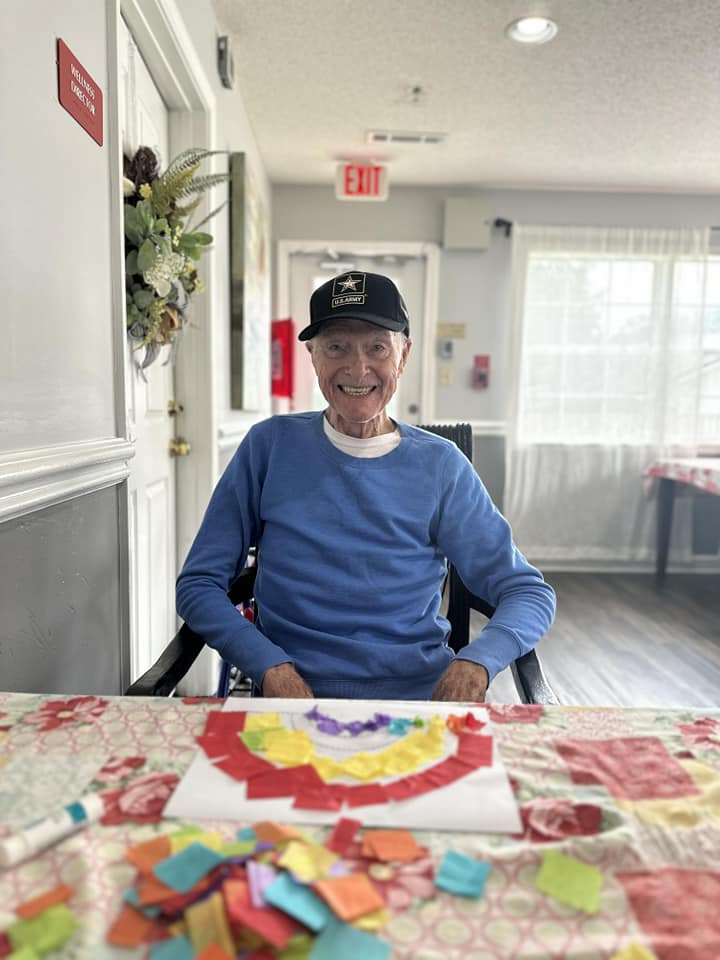
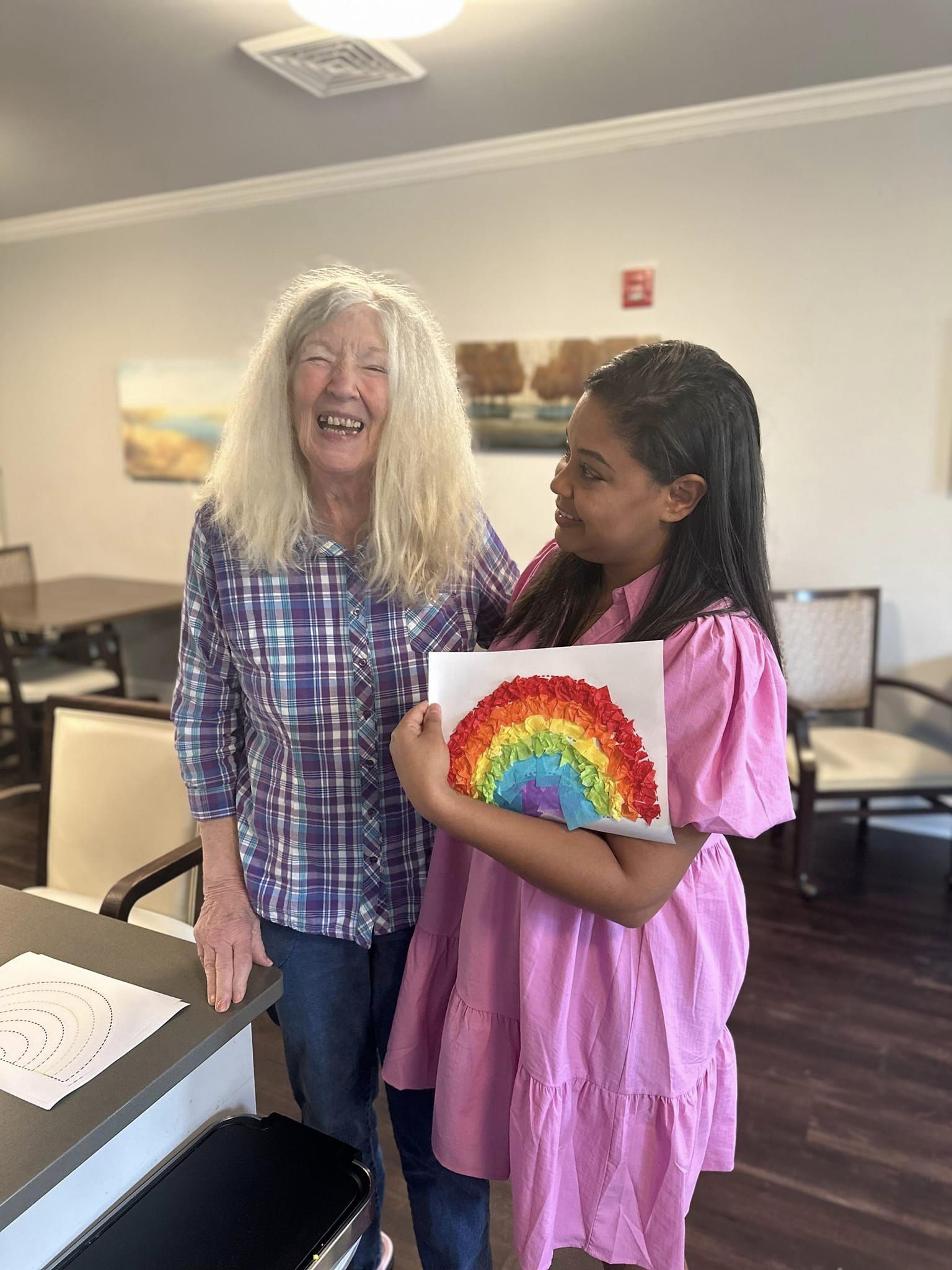
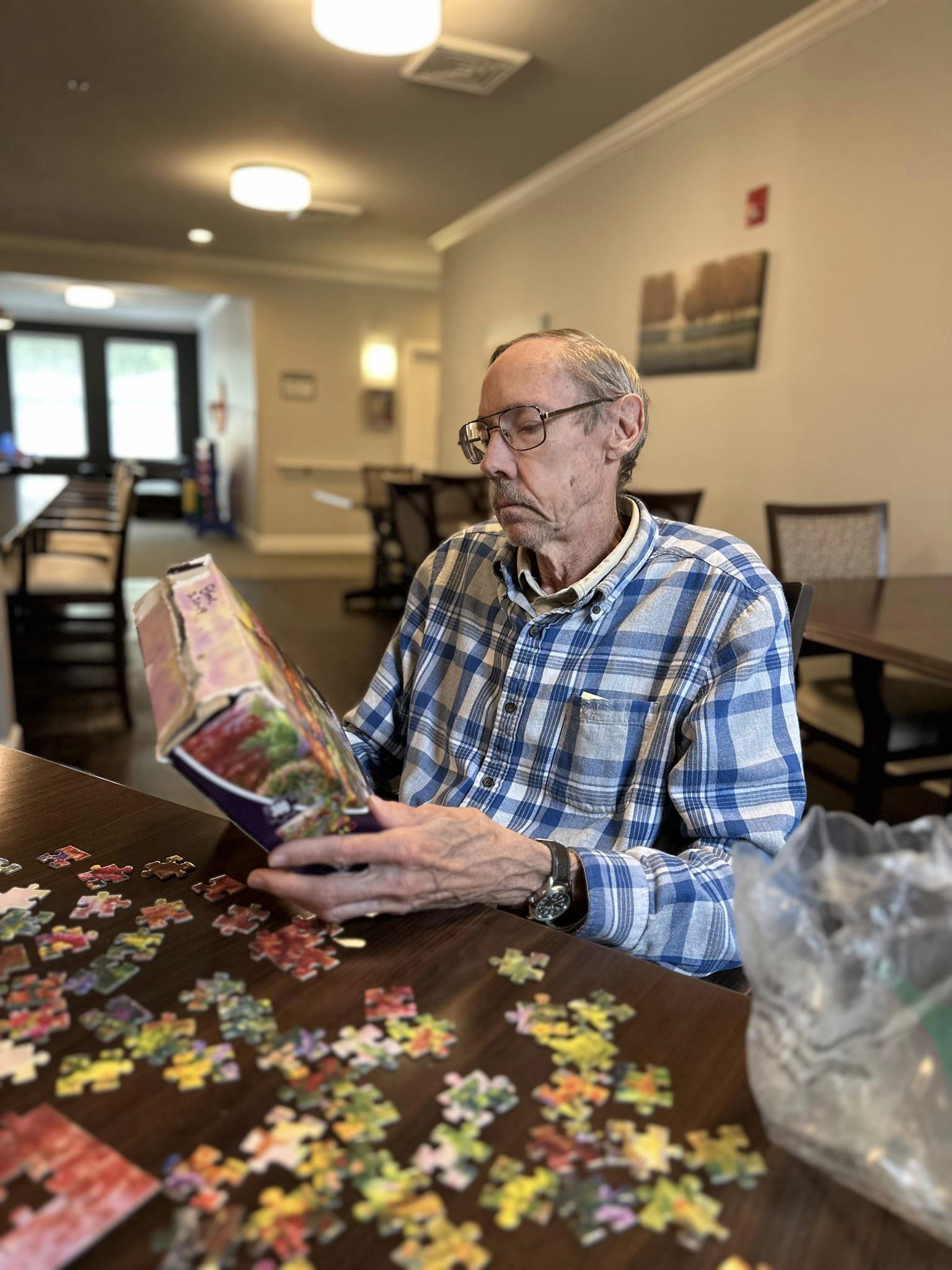
How Do Personalized Care Plans Resonate with Individual Needs?
Personalized care plans are not static; they are dynamic compositions that evolve with the resident’s journey. They encompass a spectrum of interventions, from cognitive exercises and sensory stimulation to emotional support and engagement in activities that align with the resident’s past interests. It’s a holistic approach that aims not only to address memory deficits but also to enhance the resident’s overall quality of life.
Holistic Approach
- Personalized care considers the whole person, addressing cognitive, emotional, and physical needs.
- It enhances the overall well-being of residents.
Data from the National Institute on Aging highlights the effectiveness of personalized care plans in improving the mood and behavior of residents with dementia. It emphasizes the importance of aligning care with individual preferences, contributing to a higher level of satisfaction and well-being.
At Madison Heights and Kelley Place, we pride ourselves on our ability to conduct this symphony of uniqueness. Our caregivers are not only skilled professionals but also attentive listeners, attuned to the needs and desires of each resident. It’s a commitment to personalization that ensures that every resident’s journey through memory care is not just a series of treatments but a harmonious and meaningful composition that celebrates their individuality.
Bridges of Connection and Transformation: Relational Alchemy in Memory Care
In the realm of memory care, where the challenges of cognitive decline often create a sense of isolation, the art of building meaningful connections becomes paramount. This section delves deep into “Relational Alchemy,” the process of crafting these connections, and explores how it empowers residents, transforming isolation into empowerment.
Relational Alchemy: Crafting Meaningful Bonds
- Relational Alchemy is the art of forging profound and authentic connections with residents.
- It involves caregivers actively seeking to understand the resident’s emotional world.
- In memory care, caregivers are not just providers of services; they are emotional companions. Relational Alchemy recognizes that residents have an emotional world that remains intact even as cognitive abilities decline. By crafting meaningful bonds, caregivers tap into this emotional world, creating a sense of trust and security.
Active Listening and Empathy
Relational Alchemy begins with active listening and empathy. Caregivers take the time to understand the resident’s life story, preferences, and emotional needs. They listen not just with their ears but with their hearts, recognizing the power of empathy in building connections.
- Active listening involves genuinely hearing and understanding what the resident is expressing.
- Empathy is the ability to feel and share in the resident’s emotions, fostering a sense of trust.
- From Isolation to Empowerment: The Metamorphosis of Residents
As meaningful bonds are forged through Relational Alchemy, a metamorphosis takes place. Residents who may have once felt isolated or lost in the labyrinth of memory loss begin to regain a sense of self and purpose. Dr. Lisa Henderson, a prominent gerontologist, notes, “The transformation is often remarkable. Residents who were withdrawn and agitated may become more engaged and content when they feel truly understood and valued.”
Empowerment Through Connection
- Meaningful connections empower residents to regain a sense of self and purpose.
- They can lead to improvements in mood, behavior, and overall well-being.
- Is Collaborative Family Engagement the Key to Empowered Memory Support?
In the journey of memory care, family members are not just spectators; they are essential partners. Collaborative family engagement recognizes that family members possess a wealth of knowledge about their loved ones’ histories, preferences, and personalities. When families actively engage in the care process, they become allies in the resident’s journey toward empowerment.
Collaborative Family Engagement
- Collaborative family engagement involves families as active partners in memory care.
- Families contribute to a more comprehensive understanding of the resident’s needs and preferences.
Data from the Alzheimer’s Association underscores the importance of collaborative family engagement, showing that it can lead to more personalized care plans and better outcomes for residents.
Within the domain of memory care, Relational Alchemy stands as a dynamic force, driving profound transformation. It revolves around the art of forging deep connections, empowering residents, and acknowledging that collaborative family engagement is a vital element of holistic memory support. Through the practice of Relational Alchemy, memory care providers such as Madison Heights and Kelley Place go beyond addressing cognitive decline; they cultivate an environment where residents flourish, empowered by the connections that define their humanity.
Unveiling the Tapestry of Personalized Plans
Memory care is not a one-size-fits-all solution. Each resident brings a unique set of experiences, preferences, and needs to the table. In this section, we delve into the artistry and science of crafting personalized care plans that unveil the rich tapestry of memory care.
Artistry in Care: Crafting Bespoke Care Plans
Bespoke Care Plans
- Bespoke care plans are personalized to cater to the specific needs and preferences of each resident.
- They go beyond standardized routines to address the individuality of residents.
At Madison Heights and Kelley Place, we take pride in our approach to crafting personalized care plans, akin to an artist creating a masterpiece. Our “Academy Program – Activities and Lifestyles” exemplifies this commitment. We provide residents with a diverse range of experiences, from engaging presenters and local educators to musicians, artists, and museums. This rich selection of programming stimulates and energizes our residents, fostering a sense of connection with the world around them.
Lifelong Learning
- The Academy Program encourages residents to never stop learning, based on their strengths and interests.
- Lifelong learning contributes to cognitive engagement and overall well-being.
The Academy Program not only enriches the lives of our residents but also allows them to give back based on their strengths. It’s a testament to our commitment to lifelong learning, recognizing that age is no barrier to acquiring new knowledge and skills. This program empowers residents to explore their passions and engage in activities that truly resonate with their individuality.
The Science of Person-Centered Memory Care
Person-Centered Care as a Science
Person-centered memory care is grounded in scientific principles that emphasize individualized approaches.
Research supports the effectiveness of person-centered care in improving quality of life for residents.
SPIRIT Programming, a cornerstone of our memory care approach, embodies the science of person-centered care. SPIRIT stands for Strength-focused, Purpose-driven every day, Identity is celebrated, Rediscovers the joy of the smallest successes, Invigorates each resident every day, and Tailors programming for each resident.
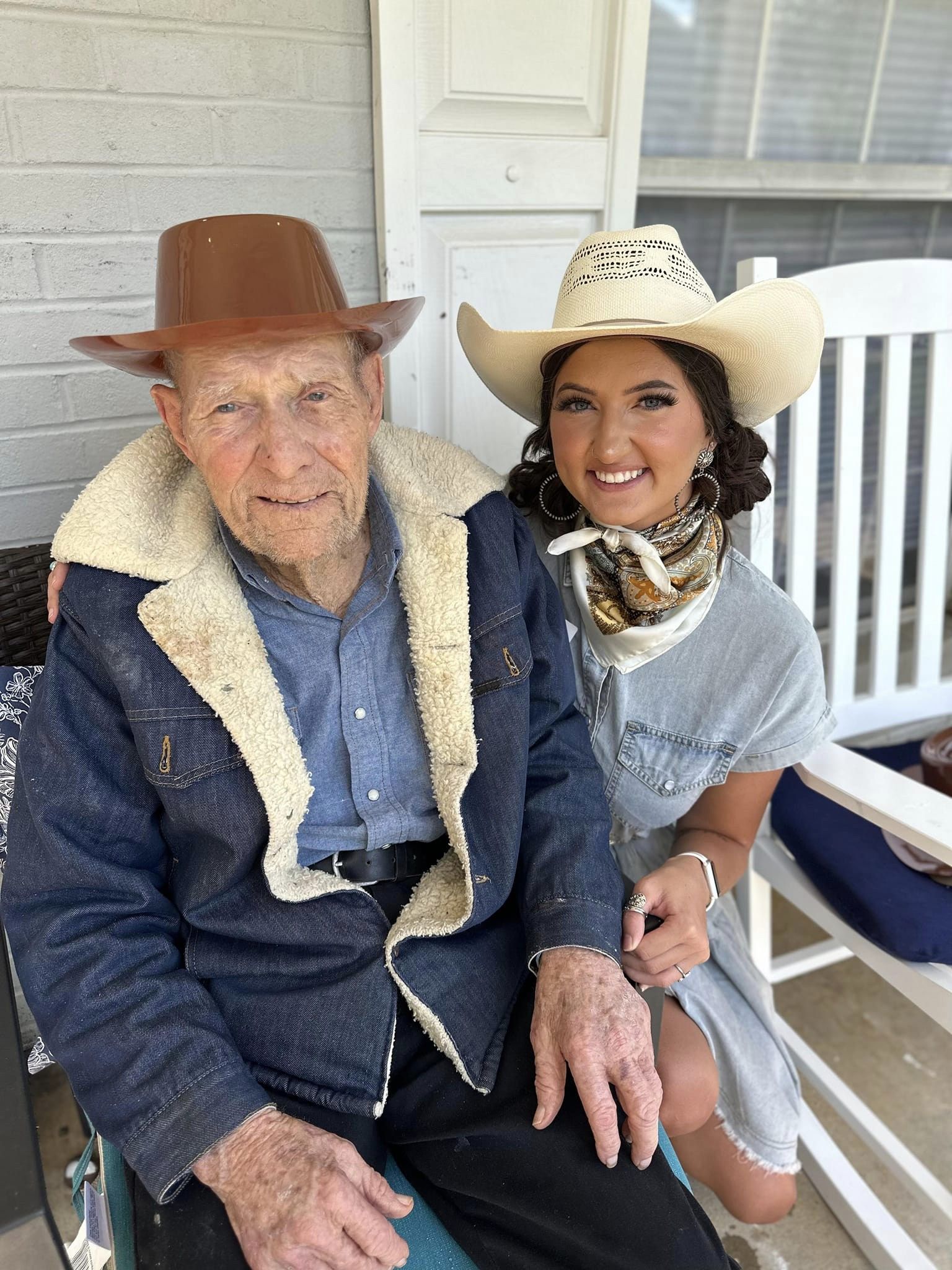
SPIRIT Programming
- SPIRIT Programming is designed to enhance residents’ individuality and well-being.
- It emphasizes strength-based approaches, celebrating identity, and creating moments of joy.
SPIRIT Programming recognizes that beyond the diagnosis, residents have unique strengths and identities. It celebrates these strengths, ensuring that residents continue to find purpose and joy in their daily lives. By tailoring programming to each resident, we create an environment where memory care is not just about managing symptoms but about enhancing the quality of life.
Data from studies on person-centered care in memory support underscores its effectiveness in improving mood, reducing behavioral issues, and enhancing overall well-being among residents.
In the world of memory care, personalized care plans are not just a service; they are a commitment to celebrating individuality. It’s a blend of artistry and science, where each resident’s unique needs are recognized, honored, and nurtured. Memory care providers like Madison Heights and Kelley Place are not just caregivers; they are artists and scientists, unveiling the tapestry of personalized care that enriches the lives of those they serve.
Families as Co-Creators: Collaborative Care in Memory Support
The journey through memory care is not one that residents undertake alone. Families play a pivotal role as co-creators in the care process. In this section, we explore the importance of the family dynamic and how collaborative care, along with active family engagement, can significantly impact memory support.
The Family Dynamic: Collaborative Care
Research in memory care consistently highlights the crucial role of families in the well-being of residents. A study published in the Journal of the American Geriatrics Society found that family involvement positively correlated with residents’ overall quality of life. This emphasizes that memory care is not just the responsibility of the facility but a collaborative effort between families and care providers.
Family Involvement and Quality of Life
- Studies show that family involvement enhances the overall quality of life for residents in memory care.
- Collaborative care between families and care providers is essential.
Collaborative care involves open communication between families and care teams. It’s about sharing information, discussing care plans, and aligning goals to ensure that residents receive the best possible care. When families are active participants in the care process, they become advocates for their loved ones, helping to tailor care plans to their unique needs and preferences.
A Circle of Compassion: Family Engagement in Memory Support
Family engagement goes beyond involvement; it’s about creating a circle of compassion around residents. A study conducted by the Alzheimer’s Association found that family engagement can lead to reduced behavioral symptoms in residents with dementia. This underscores the significant impact that family support can have on the well-being of residents.
Family Engagement and Behavioral Symptoms
- Family engagement can contribute to a reduction in behavioral symptoms in residents with dementia.
- Families provide emotional support that enhances the resident’s overall quality of life.
At Madison Heights and Kelley Place, we recognize that family engagement is a cornerstone of our memory care approach. We actively involve families in care planning, provide resources and education, and create an environment where families feel supported and valued. It’s a circle of compassion that extends beyond our care providers, enveloping residents in the love and support of their families.
Collaborative care and family engagement are not just theoretical concepts; they are proven strategies that enhance the quality of memory support. Research-backed evidence demonstrates that involving families in the care process leads to better outcomes for residents, including improved quality of life and reduced behavioral symptoms.
Under the canopy of memory care, families don’t merely watch from the sidelines; they are active partners in co-creating a nurturing and supportive atmosphere. Memory care providers like Madison Heights and Kelley Place grasp the profound significance of collaborative care and family engagement. Together, they synergize efforts with families, forging a seamless alliance to deliver top-tier care and unwavering support for their cherished residents.
In the intricate tapestry of memory care, we find a symphony of compassion, science, and artistry that resonates with the unique melodies of each resident. Person-Centered Memory Care, as practiced at Madison Heights and Kelley Place, stands as a testament to the unwavering commitment to honoring individuality and dignity.
Through this journey, we have explored the profound significance of person-centered care, where residents are not defined by their diagnoses but celebrated for their uniqueness. We’ve unveiled the complexity of memory care, recognizing the multifaceted nature of memory loss and the need for tailored, holistic approaches.
We’ve witnessed the power of Relational Alchemy, where meaningful connections transform isolation into empowerment, and we’ve emphasized the pivotal role of families as co-creators in the memory care process.
Personalized care plans, guided by both artistry and science, have been revealed as the cornerstone of effective memory support. These plans enhance the quality of life for residents, celebrating their individuality at every turn.
As we conclude this exploration of Person-Centered Memory Care, we extend an invitation to you. If you or a loved one is on a journey through memory care, we invite you to experience the transformative power of Madison Heights and Kelley Place. Our commitment to honoring individuality, fostering connections, and providing personalized care plans is a testament to our dedication to enriching the lives of our residents.
But don’t hesitate any longer; schedule your tour today and let us address all your questions and concerns. Join us in celebrating the symphony of memory care, where each note is a unique story waiting to be heard and cherished.





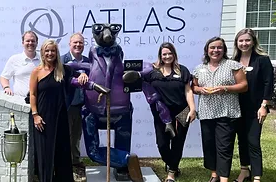 Madison Heights and Kelley Place is the first specialty care community to focus on memory care in Enterprise, Alabama. Naturally, their weevil had to represent the individuals and families who suffer from Alzheimer’s and dementia daily.
Madison Heights and Kelley Place is the first specialty care community to focus on memory care in Enterprise, Alabama. Naturally, their weevil had to represent the individuals and families who suffer from Alzheimer’s and dementia daily. 